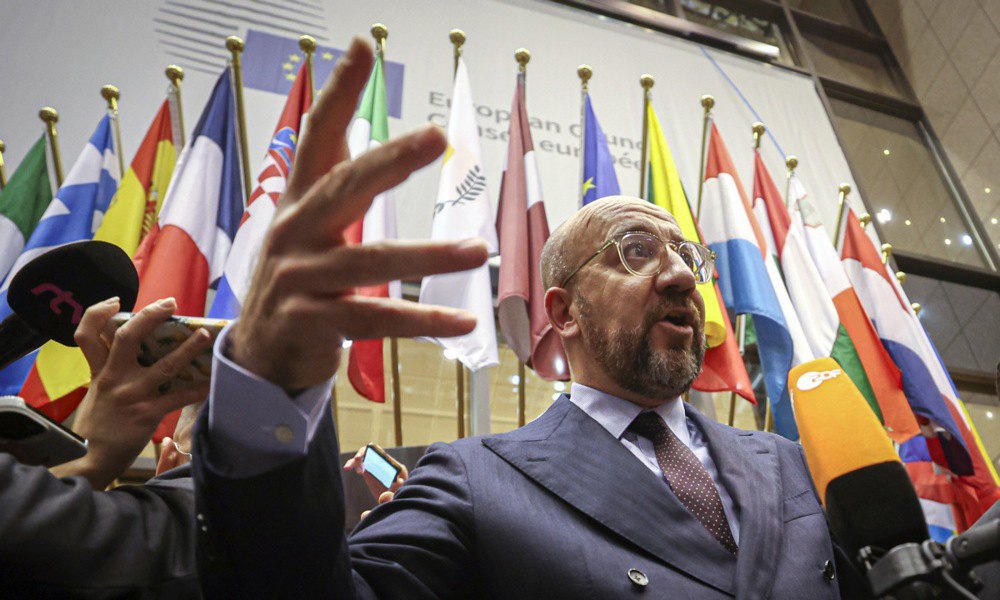
It said yes
The European Council has made a historic decision to open negotiations on the accession of Ukraine and Moldova to the EU. In practice, this means that we have risen from the third step (candidate status) to the fourth (opening of negotiations). There are nine such steps in total, and the last one is accession to the European Union.
The European Commission is now beginning to prepare the technical details of the upcoming negotiations on Ukraine's membership of the EU, the so-called negotiation framework. If Ukraine is deemed to have met all of the Commission's preliminary criteria, the framework could be approved at the EU summit in March 2024.
"A victory for Ukraine. A victory for the whole of Europe. A victory that motivates, inspires and gives strength," Zelenskyy said.
The European Council considered three other issues related to Ukraine. These included the approval of a €50 billion financial assistance package to help the country's macro-financial stability, the extension of funding under the European Peace Fund (for lethal and non-lethal assistance) for €20 billion, and the introduction of the 12th package of sanctions against Russia.
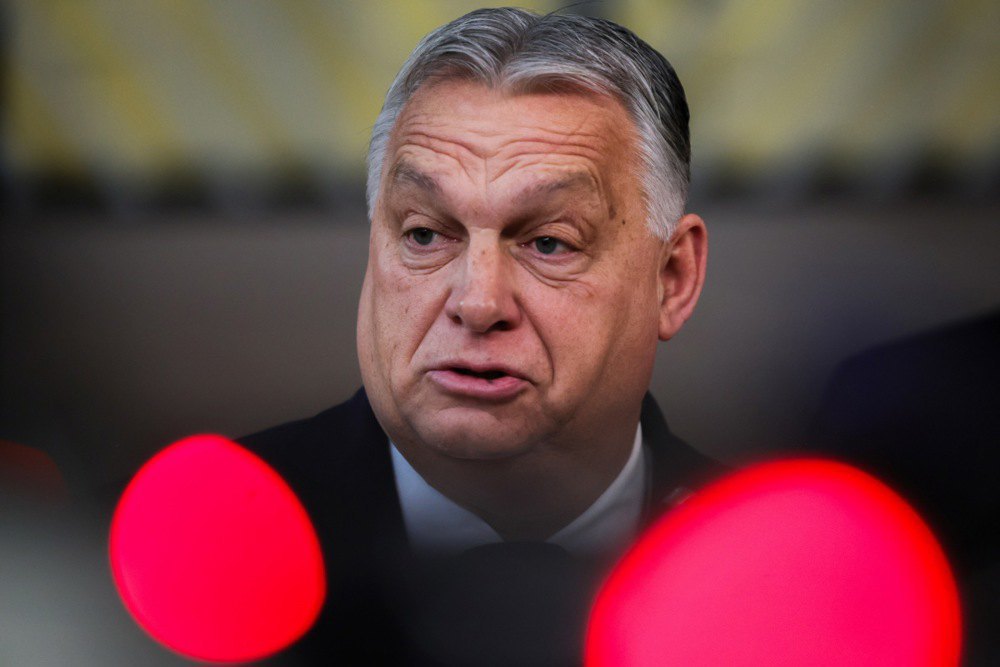
Due to Hungarian Prime Minister Viktor Orban's veto, the decision on €50 billion in aid was postponed until January, when EU leaders will hold an extraordinary meeting to address this problem. The issue is that it should be resolved comprehensively as part of the changes to the EU budget, which was adopted until 2027. The money should be disbursed in tranches over four years. However, it is important that the EU leaders have reached a decision in principle: the special fund for 2024-2027 will be operational. It is now just a matter of procedural decision.
And European leaders have agreed on the 12th package of sanctions. It will affect Russian individuals, public institutions and corporations that support the war against Ukraine. No details have been made public, but the European Commission has recommended a freeze on commercial revenues from the Russian diamond business, and sanctions against individuals, including the son of former Russian Prime Minister Dmitry Medvedev.
The European Council's conclusions also contain important positions on military support for Ukraine, in particular through the European Peace Fund, the EU Military Assistance Mission and bilateral assistance from EU member states. It should be noted that the EU has not yet reached its goal of supplying Ukraine with one million rounds of ammunition. In order to meet the deadline (by March 2024), European companies must redirect their ammunition exports from third countries. In addition, there was also talk of providing Ukraine with more air defence systems.
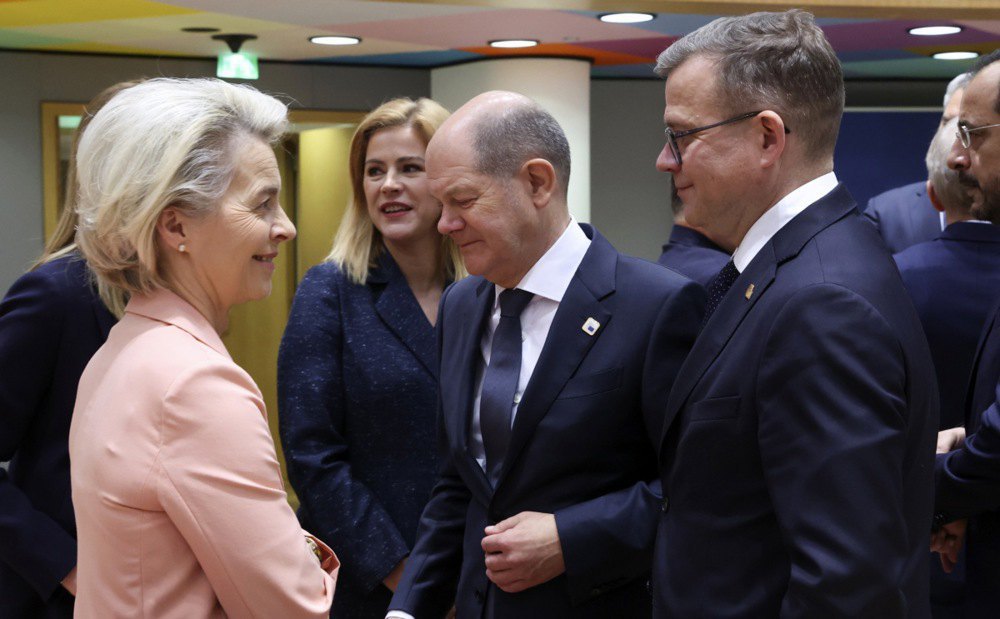
Orban's blackmail fails
Everyone knew that Viktor Orban's blackmail would be a key obstacle on Ukraine's path to the EU. The Hungarian leader has consistently stated that war, corruption, a large agricultural sector, and the oppression of the Hungarian minority, which Budapest accuses Kyiv of, prevent Ukraine from joining the EU in the near future. He has transparently hinted to his EU colleagues that he is ready to exchange the opening of Ukraine's membership talks for money (€30 billion) that the European Commission has frozen because of corruption and problems with the rule of law in Hungary.
However, just before the summit, Orban abruptly changed his rhetoric, saying that the EU should not accept Ukraine. It was the latter that irritated both European bureaucrats and the heads of EU countries' government the most.
Before the summit, European Union Council President Charles Michel flew to Budapest to persuade the Hungarian leader. French President Emmanuel Macron received Orban in Paris. Dutch Prime Minister Mark Rutte had a separate conversation with him. At the last minute, Macron, Italian Prime Minister Giorgia Meloni and German Chancellor Olaf Scholz were among those who met Orban for coffee.
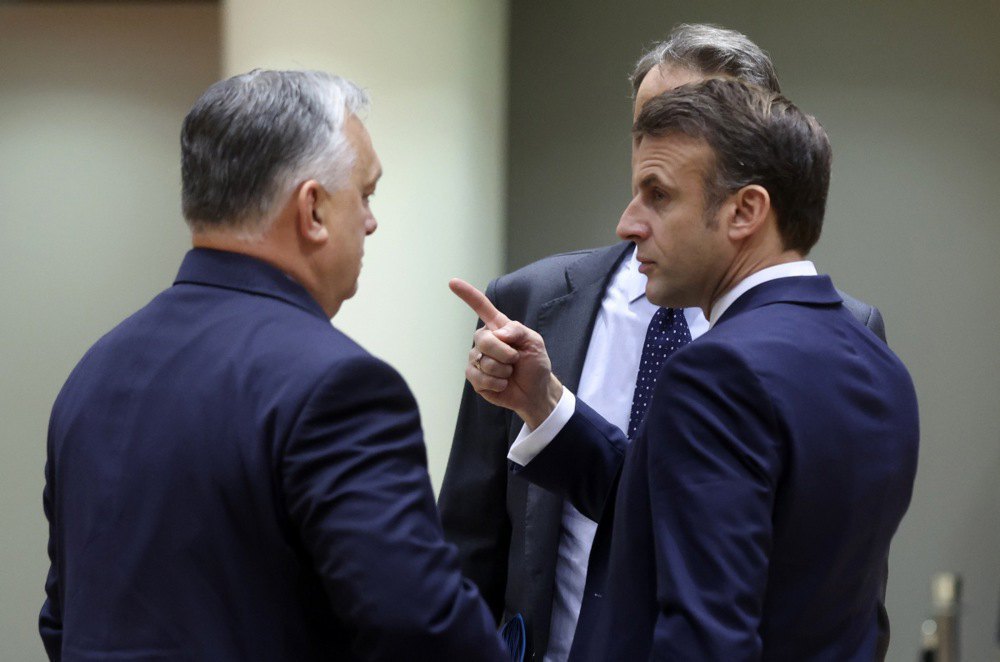
On Wednesday, the European Commission finally allocated the funds that had previously been frozen for Hungary. However, Budapest will receive only €10 billion, not €30 billion. As for the rest, the Orban government must fulfil a number of requirements: fighting corruption, increasing transparency in public procurement, protecting LGBTQ+ rights, easing asylum policies, and much more.
When the historic moment came to vote for the European future of Ukraine and Moldova, Orban simply walked out of the room. According to the rules, the meeting continues in such circumstances. Western media have already reported that the Hungarian leader was advised to do so by German Chancellor Olaf Scholz.
MEP Philippe Lamberts, co-chair of the Green group in the European Parliament, wrote: "Hungarian Prime Minister Viktor Orban has dropped his veto threats over Ukraine. However, if this is the result of a €10 billion bribe, it is still an unacceptable way for the EU to go about it."
Balázs Orbán, a political adviser to Viktor Orban, added that "we do not consider Ukraine ready for negotiations with the EU. Accordingly, we oppose the start of negotiations".
Following the European Council's decision, member states must unanimously agree on a specific framework for negotiations. In addition, at least 35 unanimous decisions will be needed over the coming years to support Ukraine's accession to the EU: each part of the framework document as well as the agreement as a whole will be put to vote.
Memes about Orban flooded social media. A photo of Latvian Prime Minister Evika Siliņa with the Hungarian prime minister caught an eye. "Today's hottest photo from the European Council," she wrote on the X network.
"If looks could kill or Latvian and Hungarian prime ministers meeting in Brussels" Oil on canvas, 2023 pic.twitter.com/KNiTjbNGL8
— Una Bergmane (@UnaBergmane) December 14, 2023
Budgetary issues
EU leaders are currently considering increasing the budget for the next seven years. The European Commission recommends increasing spending from the EU budget for 2024-2027 and invites member states to contribute an additional €66 billion to priorities such as Ukraine, innovation, competitiveness and migration. However, Hungary blocked this discussion with its veto yesterday. Therefore, an extraordinary EU summit will be held in January. Speaking to journalists, European Council President Charles Michel noted that 26 leaders had agreed to the budget proposal. "One leader, Sweden, needs to consult its parliament, which is the usual procedure for that country, and one leader could not agree." No other than Viktor Orban.
The revised budget includes a proposed €50bn package for Ukraine, as well as spending on migration (€9.6bn), defence (€1.5bn) and other urgent priorities (€9.1bn). Charles Michel refused to specify whether the EU would override Orban's veto (EU countries have this option as far as financial matters are concerned), but stressed that the EU would fulfil its financial obligations towards Ukraine.
In addition, the conclusion of the European Council summit contains provisions regarding EU enlargement. In addition to Ukraine, Moldova and Georgia, the fate of the Balkans is also at stake. In short, the opening of negotiations with Bosnia and Herzegovina is temporarily on hold. Austria wanted to move the issue forward, even at the cost of opening the negotiation process for Ukraine, but later withdrew this demand. North Macedonia also has homework to do, which is to amend its legislation related to national minorities. In general, the Western Balkans have received another "open door" to the EU.
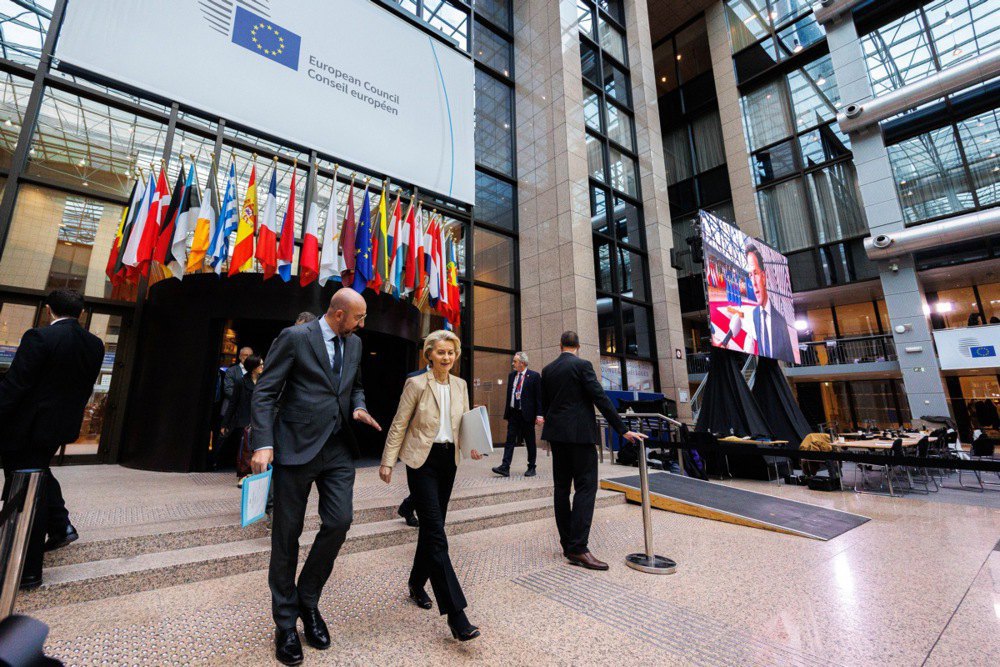
What's next?
Now Ukraine is looking ahead to March 2024, when the European Council summit will take place again and when the European Commission will submit its next recommendation report. Speaking to journalists, President Charles Michel said: "We will open negotiations, and in March, a report will be published on the basis of which we will take a decision."
Ukraine has a long and painstaking process ahead of it: it will have to harmonise its own legislation with the European one and negotiate each section of the accession agreement. Then Kyiv will wait for the EU to complete its internal transformations to be able to accept new members. However, one thing is important: the EU has demonstrated that it can keep its promises despite Hungary's resistance.
Talks about the enlargement of the European Union mean that the key capitals of the EU are aware of the fact that it needs geostrategic expansion. This is what made it possible to achieve in two years what Ukraine could not achieve for decades. Now, we need to prepare for technical negotiations and do everything possible to make the process move as quickly as possible, so that no-one could even think of Balkanising the issue of Ukraine's future.








